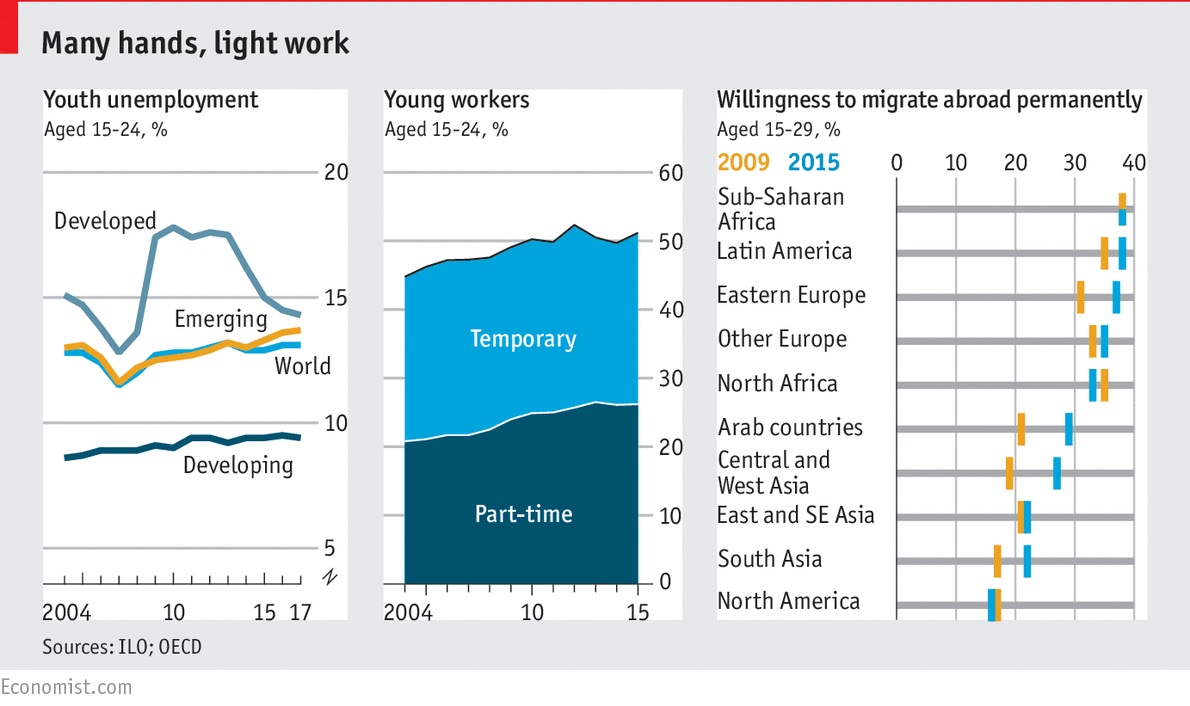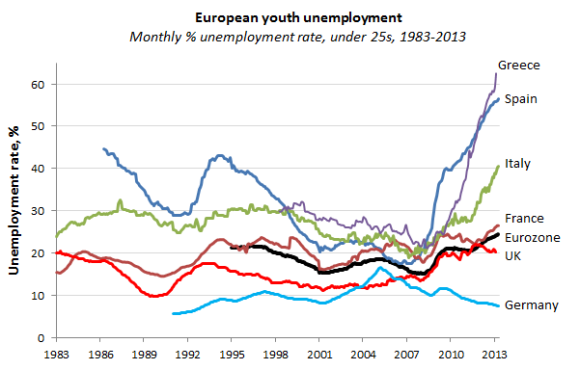I know exactly when I first realized that I had stopped fighting my battles against India and its Indian-ness. That enlightenment about the change within me came when I was in a cave with the Enlightened One--the Buddha. Well, sort of.
It was at Ellora, where it was one cave after another of astounding art. And this was after my previous day at Ajanta. Paintings and sculptures that were hundreds of years old. I was so moved by them all. I was ecstatic to the point of getting emotional. It was a secular pilgrimage that taught me a lot, especially about the utter insignificance of my singular and momentary existence.
It was mostly a foreign crowd, at Ajanta and at Ellora. Irrespective of whether we tourists looked Japanese or American or European or, yes, Indian, we walked in and out of the caves with utmost respect and, if talking with others, conversing at low decibels.
Ellora, perhaps because it was less remote than Ajanta, had a few more locals among the tourists. Unlike the mostly foreign tourists at Ajanata who were travelling without kids, Ellora had a few Indian families with kids in tow. At one of the caves, two middle-aged men, who I imagined as the father and uncle of the kids, not only chose not to teach the kids the proper way to behave at such sites, they even delighted in showing the kids how the sounds echoed in that confined setting.
A young Indian woman, with a camera hanging from one shoulder, a backpack, and a sketchbook in her hand was visibly annoyed. I smiled at her as I kept walking.
I ran into the same group again at another cave. The men were boisterous and the kids screamed their lungs out. The young woman could not bear it anymore and she told them something in Hindi, which seemed like she was expressing her displeasure. The American I am anymore, I kept going.
Later, at another cave, with mostly unfinished carvings, I saw that young woman in a group with three others.
They seemed like they had come together, perhaps less as tourists as more as scholars. As I neared them, I told the rest that their friend got pissed off at the noisemakers. She smiled.
I realized that I had changed.
I was her, and more, when younger.
Even a few years ago, I might have expressed emotions similar to what that young woman felt. But, not anymore.
There is simply no point fighting with India. It is as pointless as yelling at a mountain. A tiring thing to do, and nothing ever comes out of it.
Now, when I discuss India, or when I visit India, I simply accept India and her people for the way things are. I do not even attempt to understand the land and its peoples anymore. They fascinate me, but I have come to realize that trying to understand is frustration, aggravation, anger, disappointment, and many more emotions along those lines. Simply accepting, on the other hand, means that the land and its peoples are fascinating, beautiful, magical, and more such emotions.
Pico Iyer summarizes all those for me
when he writes:
India is not going to change at its core anytime soon, and the challenge
for all of us who love it is to see the blessing in that and not the
aggravation.
As I often note here and at conversations and in the classroom, India has a momentum of its own and all the external agents who have tried to change its direction not only failed but, ironically, only become Indianized themselves. As Iyer comments:
Every visitor who goes to India—and I’ve been back twice in the past
seven months—knows how the country refuses to conform to plans or
international expectations; the only way to survive is to give yourself
over to its way of being. Fight against the Indian way of doing things,
wish that things were different, and the only result will be tears. Just
as you have to turn your watch forwards by half an hour when landing in
India, just as you have to check in the batteries from your camera as
separate pieces of luggage, just as it can prove impossible to find a
working Internet connection in a proud center of high-tech like
Hyderabad, so every foreigner has to surrender and realize that things
will get done in their own, unexpected ways. The very qualities that
make India so culturally alive, textured and itself make it uncommonly
reluctant to adjust to the economic rules and geopolitical norms of the
world. India most happily changes the lives of those who have no thought
of changing India.
I wish I could share all these with that young woman. But, even if I did, for all I know, she will refuse to accept such an interpretation, as much as I refused to give up the good fight when I was once young. That is the charm of youth anywhere, especially in a beautiful and old India.
 |
| At Chennai's Marina Beach |












